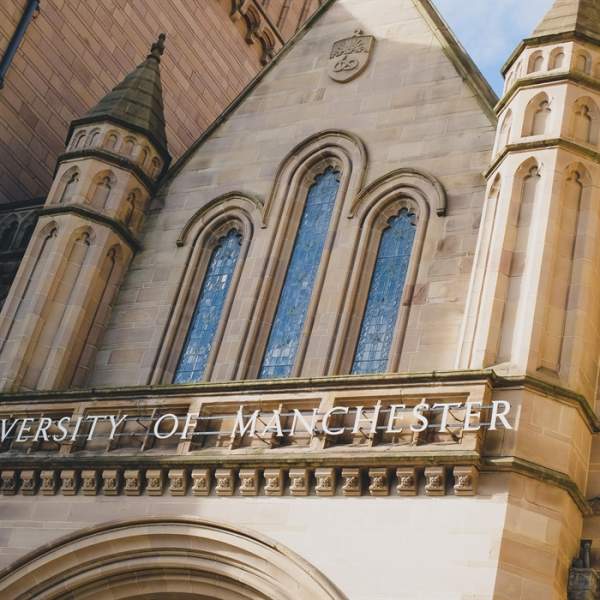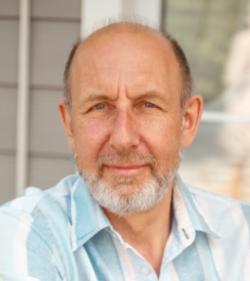 Prof Andrei Golov is Professor of Condensed Matter Physics at The University of Manchester, where he is Head of the Low Temperature Physics Group. His main interests are in the field of superfluid 3He and 4He, which include: quantized vortices and other topological defects and quantum turbulence.
Prof Andrei Golov is Professor of Condensed Matter Physics at The University of Manchester, where he is Head of the Low Temperature Physics Group. His main interests are in the field of superfluid 3He and 4He, which include: quantized vortices and other topological defects and quantum turbulence.
Prof Golov is a valued Manchester Conference Ambassador, having acted as Co-Chair of the QFS2023 Conference in Manchester.
International Symposium on Quantum Fluids & Solids 2023 (QFS2023)
The 2023 International Symposium on Quantum Fluids and Solids (QFS2023) was held at The University of Manchester 9-15 August 2023.
Over 150 experts from around the world travelled to Manchester to discuss the latest developments in the field. The scientific programme covered subjects from the conventional bulk and confined liquid/solid helium to new superfluid and superconducting gases, liquids and solids, vortices/turbulence in all of them, and applications to cosmology, techniques, and novel cryogenics.
The University of Manchester has a special place in the history of research and development in this field of study, particularly its important research on 3He-4He Dilution Refrigerators, superfluid 3He, quantum vortices, quantum turbulence. QFS symposia have an established heritage, with the conference taking place around the world on a regular basis. Previous editions have taken place in Bangalore, Edmonton, Tokyo, Prague and Niagara Falls. It last took place in the UK in Lancaster in 2012.
The Symposium was hosted in The University of Manchester’s Engineering Building, which is one of the largest ever developments in UK higher education.
136 presentations took place, as well as 66 invited oral talks and 70 contributed poster presentations. Special certificates were awarded to 10 graduate students for best posters. Memorial sessions paid tribute to the achievements of giants of the field (Hall, Vinen and Andreev).
QFS delegates were able to tour the University’s state-of-the-art experimental research facilities, including the National Graphene Institute, one of the world’s leading centres for advanced materials research. Tours were also available to visit the low-temperature experimental facilities, including Manchester Rotating Cryostats, where visitors saw the first working dilution refrigerator built by Henry Hall in 1965.
Participants had the opportunity to experience the highlights of the host city by choosing from a selection of walking tours. Themed tours included industrial heritage, music and Manchester’s inventions and discoveries.
Commenting on Manchester as the host destination for the conference, Prof Golov said: “We were happy to see scientists from all continents enjoying themselves here in Manchester. This was the first in-person QFS meeting after the pandemic, and the enthusiasm of the participants was excellent. The hospitality and convenience of Manchester as the host destination added real value to the experience of delegates. As organisers, we received numerous excellent appraisals of the event, the venue and the destination”

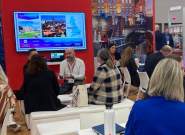
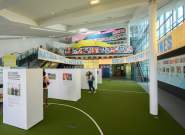
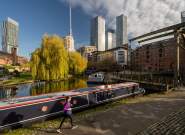

 Prof Andrei Golov is Professor of Condensed Matter Physics at The University of Manchester, where he is Head of the Low Temperature Physics Group. His main interests are in the field of superfluid 3He and 4He, which include: quantized vortices and other topological defects and quantum turbulence.
Prof Andrei Golov is Professor of Condensed Matter Physics at The University of Manchester, where he is Head of the Low Temperature Physics Group. His main interests are in the field of superfluid 3He and 4He, which include: quantized vortices and other topological defects and quantum turbulence.